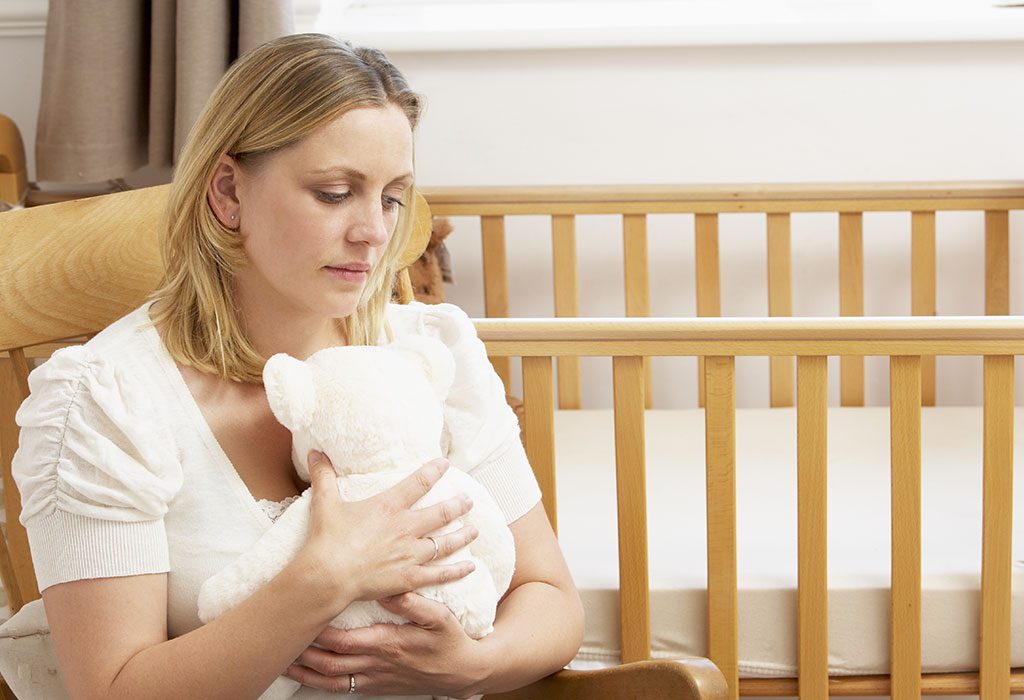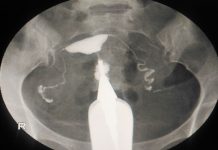In this Article
Many couples that try to conceive directly after a miscarriage are usually worried about fertility issues. There could be several reasons for the occurrence of an early miscarriage, but a common cause of it happening within the first few weeks can be chromosomal irregularities. But in such cases, a woman’s capacity to bring a pregnancy to full term may not weaken. However, in instances where a miscarriage occurs because of health reasons, it can adversely affect a woman’s fertility in future.
It may not be possible to predict the future risk of a miscarriage from one incidence of miscarriage. Healthy women who have suffered a miscarriage have very high chances of successfully carrying the subsequent pregnancy. Nevertheless, the risk is likely to increase in cases where women are above 35 years and have had two or more incidences of miscarriage.
Are You More Fertile After a Miscarriage?
Some experts are of the view that a woman may have heightened fertility after a miscarriage when her menstrual cycle gets regulated, while some completely dismiss the notion. However, there is no absolute clarity in this regard because different studies reveal wide-ranging results. Lack of availability of any conclusive evidence makes it difficult to state with certainty if there is improved fertility following a miscarriage.
However, doctors recommend waiting for a couple of months immediately after a miscarriage before considering conception again. Ideally, after a miscarriage, it is sensible to let a doctor assess a woman’s physical condition and medical history and accordingly decide if she is medically fit for another pregnancy. Every individual’s body is different and can have diverse coping and healing mechanisms. Some women may be ready within a few weeks, while some may take more time to heal.

Why Are You More Fertile After a Miscarriage?
A study conducted in 2018 suggested that while the ability to conceive after a miscarriage is more or less retained, the levels of fertility may be affected after 3 or more continual miscarriages. In such a case, the study says that the levels of fertility can be maintained if enough time is maintained between the pregnancy (around 6 months).
Couples should not try for another pregnancy in this brief period of improved fertility. More than the physical aspect, one may like to consider the emotional aspect as the emotional health of the woman can play a key role in her prospect to conceive after a miscarriage. Couples who have suffered a miscarriage are likely to be struggling with varied emotions of guilt, sadness, and loss. It is important that they learn to deal with these emotions before considering another pregnancy.
Ways to Boost Fertility After a Miscarriage
Following are some ways to boost fertility after a miscarriage.
- Exercise regularly and remain active.
- Discontinue unhealthy behaviours such as consuming alcohol, smoking, drug use to diminish infertility after a miscarriage.
- Keep a check on your caffeine intake. Consuming a lot of caffeine can affect your chances of conceiving.
- Try and reduce stress as it can interfere with the functioning of the hormones and ovulation. Higher stress levels may cause delayed ovulation or no ovulation at all.
- Eat balanced meals that include a lot of green leafy vegetables, fresh fruits, healthy drinks, proteins, vitamins, and iron-rich foods to improve your odds of getting pregnant again.
- Don’t shy away from discussing in detail with your doctor about all the options available for fertility treatments after a miscarriage. They may be able to suggest the best course of treatment like certain fertility-enhancing drugs or therapies.
- Use an ovulation predictor kit which helps predict when a woman may be most fertile. Ovulation predictor kit or OPKs can sense an increase in the release of luteinizing hormone (LH). By timing intercourse, right after the LH surge, you can enhance the probability of conception.
- Miscarriage can be emotionally and physically exhausting. Rushing into another pregnancy without giving your body enough time to heal may not be a great idea. So, it is better to wait for a while before you try to conceive again.
The intensity of fertility may not decline after a miscarriage. However, emotional issues can have an impact on fertility. Keeping a positive frame of mind and reducing stress may increase the chances of conception. You can always consult a fertility expert who can suggest the appropriate fertility tests to determine any underlying causes and offer guidance regarding medical treatment.
Resources and References: Mayo Clinic









